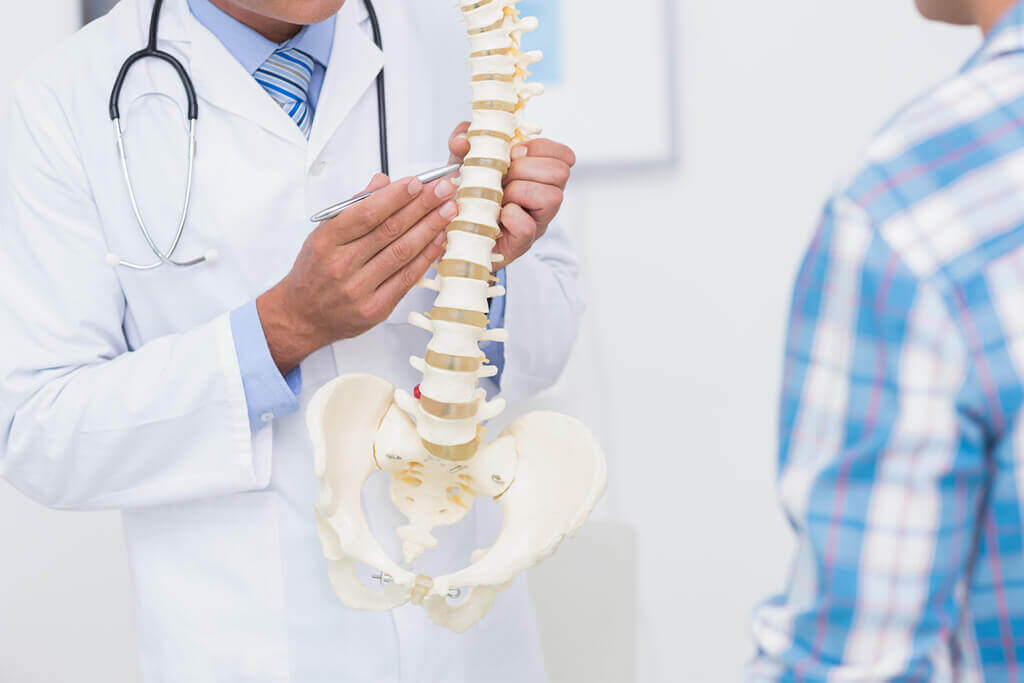Nosebleeds
Introduction
The sight of blood may be unexpected, but nosebleeds are actually quite common and rarely life threatening. Nasal irritation and low humidity most frequently cause nosebleeds. In most cases, nosebleeds can be stopped with self-care. Simply squeeze your nostrils and lean forward for 5 to 10 minutes. You should have your doctor examine you if you experience recurrent nosebleeds, as they may be caused by an underlying medical condition, such as high blood pressure.Anatomy
Causes
Diagnosis
You should contact your doctor if you have repeated frequent nosebleeds. Your doctor will examine you to determine the cause. You should seek emergency medical care if a nosebleed does not stop after 20 minutes or if bleeding occurs after injury.Treatment
Prevention
Some people are able to prevent nosebleeds by using a humidifier or vaporizer during the cold winter months or in regions with low humidity.Complications

Copyright © - iHealthSpot Interactive - www.iHealthSpot.com
This information is intended for educational and informational purposes only. It should not be used in place of an individual consultation or examination or replace the advice of your health care professional and should not be relied upon to determine diagnosis or course of treatment.
The iHealthSpot patient education library was written collaboratively by the iHealthSpot editorial team which includes Senior Medical Authors Dr. Mary Car-Blanchard, OTD/OTR/L and Valerie K. Clark, and the following editorial advisors: Steve Meadows, MD, Ernie F. Soto, DDS, Ronald J. Glatzer, MD, Jonathan Rosenberg, MD, Christopher M. Nolte, MD, David Applebaum, MD, Jonathan M. Tarrash, MD, and Paula Soto, RN/BSN. This content complies with the HONcode standard for trustworthy health information. The library commenced development on September 1, 2005 with the latest update/addition on February 16, 2022. For information on iHealthSpot’s other services including medical website design, visit www.iHealthSpot.com.


